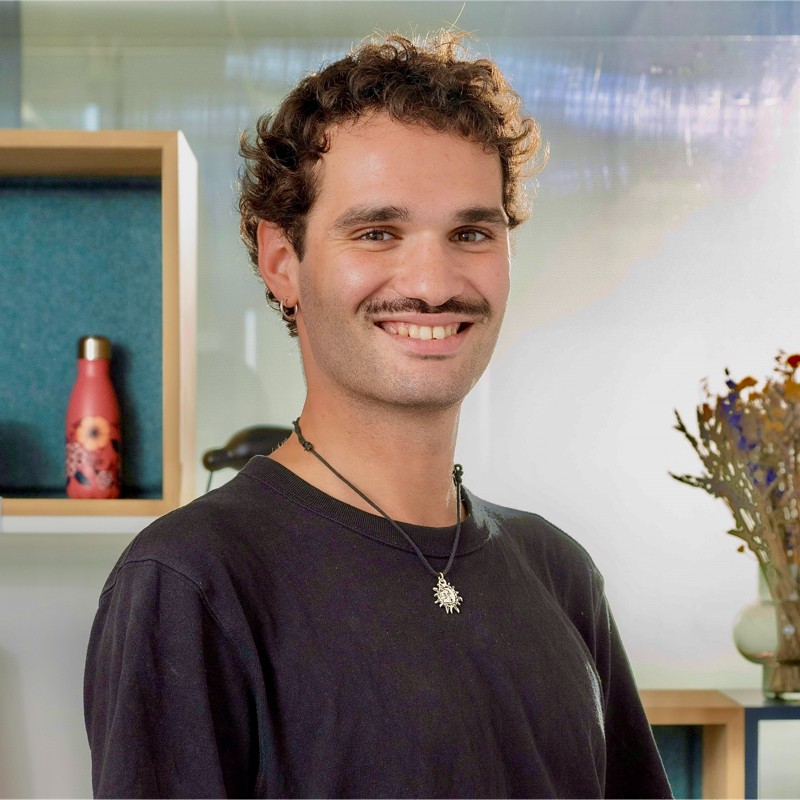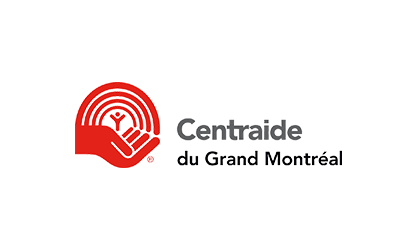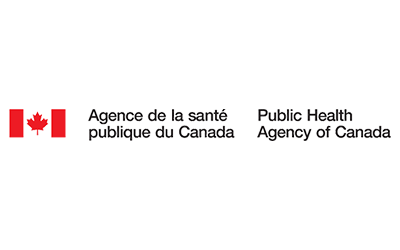The dispensary
To provide each child with an equal chance to achieve self-fulfillment.
What we doMISSION
Social nutrition approachSOCIAL NUTRITION
Based on nutritional recommendations adapted to meeting the needs of pregnant women living in difficult circumstances and aimed at reducing poverty, the social nutrition approach takes into account a number of health determinants (social, economic, and cultural status; access to health care; etc.) in order to provide interdisciplinary interventions enabling women to give birth to healthy babies, to nurture their babies’ optimal development, and to flourish as parents and community citizens.
The Dispensary’s social nutrition program is based on the Higgins© nutritional intervention method, a scientifically proven method that focuses on the pregnancy period.
Social nutrition also covers the first few months of the newborn’s life and is characterized by:
VISION - VALUES - STRATEGYVISION
- Because we are guided by notions of human dignity and we support each individual’s free will and commitment to be the architect of his or her own fulfilment, we demonstrate humanism.
- At the Dispensary, fairness is exhibited through access to the free services we provide to pregnant women in precarious situations and to new mothers, without judgment and regardless of their background or living conditions, as well as the way in which we integrate these women into our organizated processess. The principle of fairness is also reflected in the relationships between our team members.
- At the Dispensary, commitment, innovation and participative collaboration are showcased by the organization’s members and staff, as well as the mothers we serve, the members of their families and others close to them, when they combine their experience, expertise and commitment to provide services of the highest quality.
- When our organization, pregnant women in precarious situations and their family members find the strength to bounce back and regain confidence in the future after being faced with difficult situations, we call this resilience.
TEAMTEAM

Responsable de la protection
des renseignements personnels













































BOARDTEAM


Gestionnaire dans le secteur culturel


Gestionnaire - conseil

Analyste - MTA CPA



Directrice générale retraitée


Psychologue organisationnelle - Behavior Interactive


Médecin - Hôpital Pierre-Le Gardeur


Directeur Stratégie et communications - AQDFL


Avocate


Directrice - Propulsion Québec
HISTORYDISPENSARY
1879
In 1879, Mrs. Emily F. De Witt initiated the first actions of the Dispensary.
In 1879, Emily F. De Witt heads up a volunteer group that begins to provide a new service: preparation and distribution of nutritious meals (broth, meat jelly, wine jelly and bread pudding) to many destitute and ill Montrealers referred by a doctor. The first year help was given to 300 people.
The Dispensary was one of the first community organizations to be created in Montreal and to set up what was later called Meals on Wheels. Since then, the Dispensary has come a long way, always driven by the will to help families in difficulty, to innovate, to adapt our interventions in favor of the optimal development of children and to contribute to the fight against poverty, by promoting the birth of healthy babies!
Fifties
In the 1950's and under the leadership of Mrs. Agnes C. Higgins, a dietician by education, the Dispensary developed a method of nutritional and social intervention.
She developed the “Higgins Method”© which coupled corrective nutrition, motivational strategies and extended support based on a special relationship between the expectant mother and her dietitian. She also ensured that this method was proven effective by instituting a study in collaboration with the Royal Victoria Hospital.
Today
Today, the Dispensary helps approximately 900 vulnerable pregnant women each year to get adequate nutrition during their pregnancy in order to improve their chances of giving birth to a healthy baby!
The Dispensary is at the origin of the Olo programs in Quebec and has also inspired the development of programs such as the Special Supplemental Nutrition Program for Women, Infants and Children (WIC) in the United States and the Canada Prenatal Nutrition Program (CPNP).
MAIN PARTNERSPARTNERS










